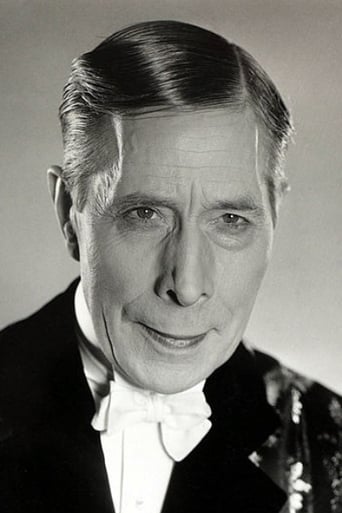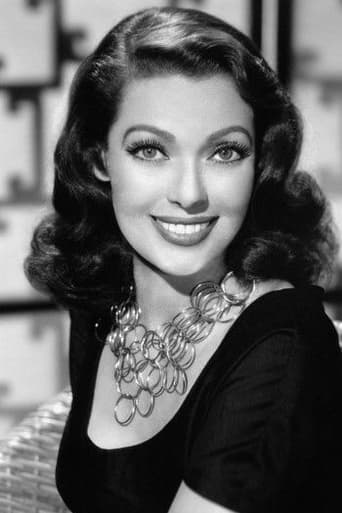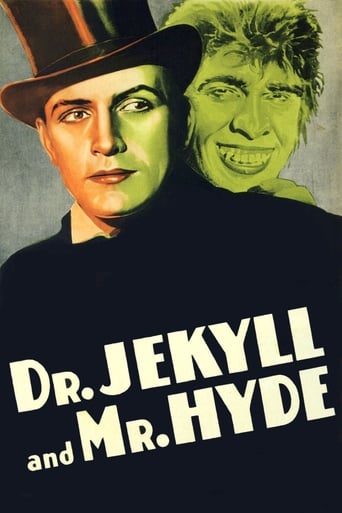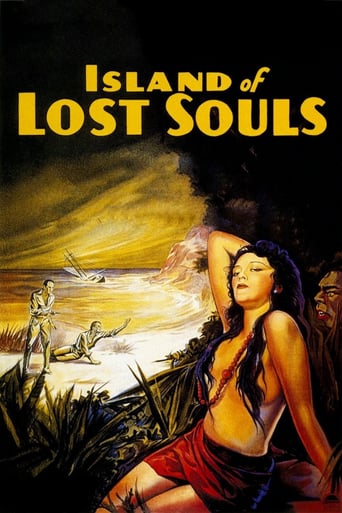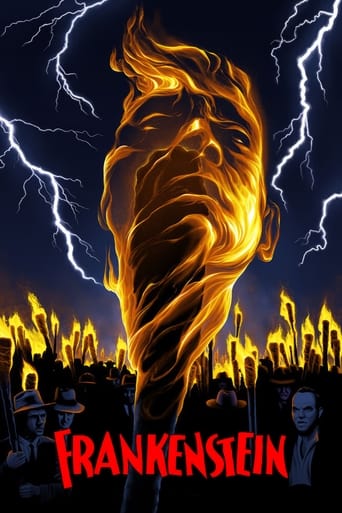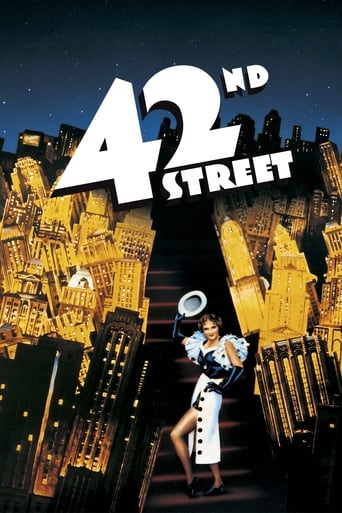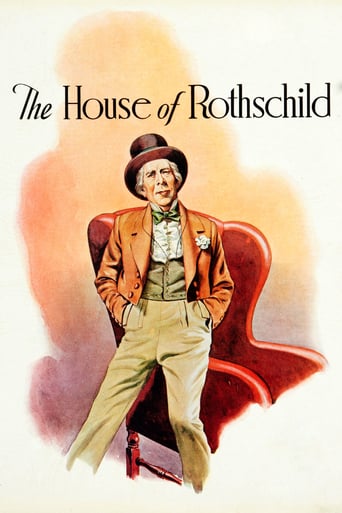
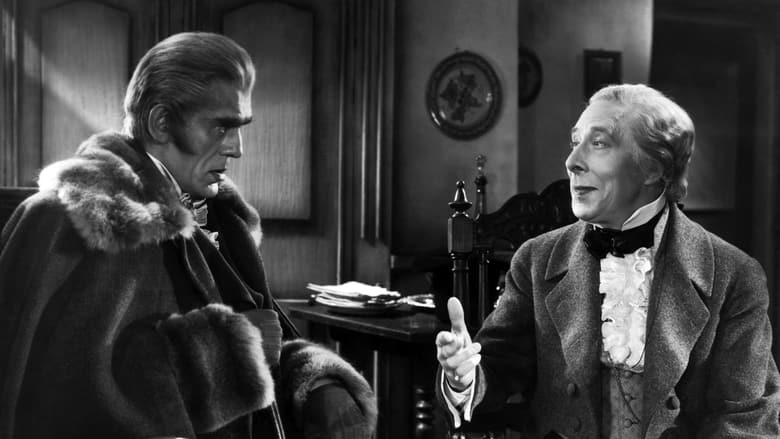
The House of Rothschild (1934)
The story of the rise of the Rothschild financial empire founded by Mayer Rothschild and continued by his five sons. From humble beginnings the business grows and helps to finance the war against Napoleon, but it's not always easy, especially because of the prejudices against Jews.
Watch Trailer
Cast
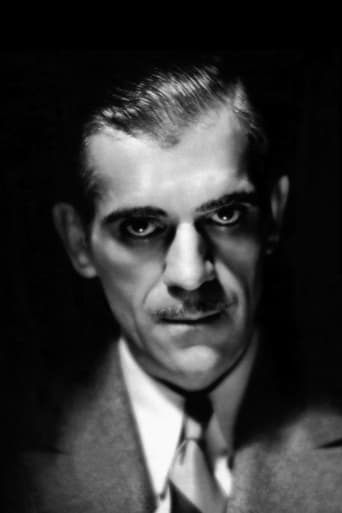
Similar titles
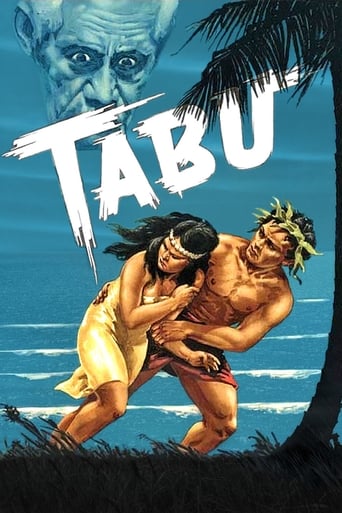

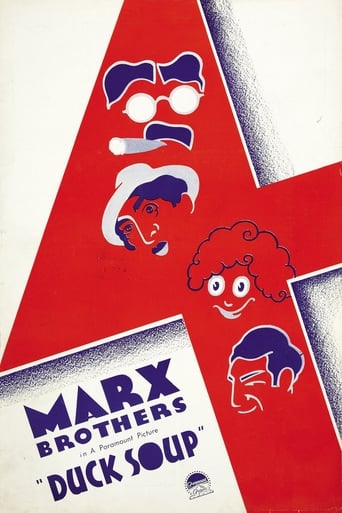
Reviews
Don't listen to the negative reviews
It's funny watching the elements come together in this complicated scam. On one hand, the set-up isn't quite as complex as it seems, but there's an easy sense of fun in every exchange.
Fun premise, good actors, bad writing. This film seemed to have potential at the beginning but it quickly devolves into a trite action film. Ultimately it's very boring.
The acting in this movie is really good.
These Shylock hucksters have been in business for a VERY long time....and indeed they had this made in order to appeal to the nations they ruled in. They just finished several of their wars (WWI Bolshevism french rev) and now they are embarking on WWII...they needed some sympathy for them and their ilk. Well, here is the pretty piece of propaganda that helped curb rampant public sentiment towards them and those who benefit from them. And here we are yet again, in more wars, more bankster corruption and more media lies...welcome to 1984 meets brave new world...even as Barbara Lerner Specter and her ilk have forced the mass immigration of black and middle east radicals into the west...and we see the results...look to these MoneyMasters for your answers...not in what they say, but in what they've done.
I think it's a very ironic thing that the most overtly positive and obvious portrayal of Jews comes from Twentieth Century Fox--the only major American studio that was NOT controlled by an ethnic Jewish man at the time! So, as folks like Louis B. Mayer and Jack Warner chose to de-emphasize their Jewish roots and make films which almost never even mentioned Judaism, Daryl Zanuck dove head first into the topic and brought us this very unusual biopic.The story is about the Rothschild family and only concerns a snippet in the history of the family--from the 18th century through the fall of Napoleon. When it begins, the family patriarch (George Arliss) instructs his sons to divide up the banking business among five major European capitals. Then, following his death, the story jumps decades later and the new head of the banking family is ALSO played by Arliss--albeit without the wig and makeup he donned at the beginning of the film. The theme is how honorable the family was and how they stood behind freedom and right...and that mistreatment of them and other Jews is just morally repugnant. Interestingly, the biggest anti-Semite of this portion of the film is a German guy (Boris Karloff)...and was perhaps the studio's way to address the rising tide of Naziism at the time.Regardless of its intent, the film is a well acted and interesting costume drama. How close this all actually is to the real life Rothschilds, I have no idea but it was entertaining. Plus, I'd watch Arliss in just about anything!
This interesting early talkie from 1934 is a biopic of Nathan Rothschild, the British-German-Jewish banker from the times of Napoleon that is considered one of the founders of international finance. Rothschild is famous among many things from making a fortune in the London Stock exchange by speculating successfully on Wellington's victory over Napoleon at Waterloo (this is in this film, though apparently according to recent historians it probably never happened).Rothschild, as portrayed in the film by George Arliss, is not a very likable person: unabashedly ethnocentric (he is adamant that his daughter must not marry a gentile suitor), he is always ready to take offense, views almost every non-Jew as anti-Semitic, is willing to use money to exercise power, etc. Probably because of this, the Nazi propaganda minister Joseph Goebbels was an unlikely fan of this film, releasing an edited version in Germany (that emphasized the most negative aspects of the protagonist) and in 1940 he used an unauthorized clip from this film in the infamous anti-Semitic documentary "The Eternal Jew" and also had his own German remake, "The Rothschild's shares in Waterloo". The German film, by the way, despite its obvious propaganda intentions, is well made and has a literate, intelligent script. In a way, Rothschild is a more sympathetic character in the German film than in the Hollywood version! The Hollywood film is also notable for the last scene (in which Rothschild is knighted by the King) being shot in an early Technicolor process.
(Slight Spoilers) Lavish historical epic of the Rothschild family's rise from the Jewish ghetto of Frankfurt in Prussia to become the most powerful banking institution in Europe. Thoward the end of the movie "House of Rothschild" things weren't at all looking good for the family of banking brothers with all of them, and their banks securities, buying up British bonds on the London Stock Exchange for cut-rate prices with rumors going around that the Battle of Waterloo in Belgium was lost to Napoleon's forces. It was the old stock market saying that "information is the most valuable commodity" that rescued the Rothschild's vast money holdings. That commodity in the end not only saved the Rothschild fortune, and more then doubled it, but also saved those investors who were wise enough to follow Nathans lead in not abandoning the allies financially at their most critical time of need when everything looked as if it were lost.The film mostly concentrates on how the Rothschilds, namely Nathan and his brothers, despite the anti-Jewish prejudices that they faced in early 19th Century Europe prevailed in the end to overcome the slings and arrows as well as the anti-Semitic riots incited by the likes of Prussian Count Ledrantz, Boris Karloff, to become the richest and most powerful bankers in the world.Besides the historical facts in the movie there's also a fictitious sub-plot involving Nathan's daughter Julie, Loretta Young, having a love affair with the handsome and dashing British calvary officer Captain Frizroy, Robert Young,that her father had a hard time accepting Since Fitzroy wasn't Jewish or a Rothschild. But in the end everything was ironed out, by the script writers, to make the affair between the two lovebirds a joyous and successful one.Nathan who was earlier sandbagged by Count Ledrantz and his fellow bankers when a loan that he expected his bank to float involving the restoration of France, after Napoleon's exile on the Island of Elba, was rejected. This came about because of what Ledrantz smugly called a "technicallity"! The unforgivable "technicallity" being that Nathan was Jewish! This sleazy and despicable act on the part of Ledrantz & Co. had an outrage and indignant Nathan get back at Ledrantz and his gang of banker cut-throats. Nathan thus, using financial guerrilla-like tactics, undercut the bonds that they were to float and sell to the British public representing the French loan. In the end this forced Ledrantz & Co. to come to the Rothschild Bank hat in hand begging for Nathan to become a partner. Even if Nathans partnership cost these rascals and unscrupulous financial manipulators as much as 50 million British pounds for them to do it.Smarting from the beating his and his cohorts took at the hands of the witty and clever Nathan sore loser Ledrantz started to foment anti-Jewish riots all over his native Prussia, which included the Rothschild family home "The Red Shield" in the Jewish ghetto of Frankfurt. This was Ledrantz way to get back at Nathan but that quickly came to an end with the startling news of Napoleon escaping from his exile in Elba and regaining power in France. This meant that they, Ledrantz & Co, would need the Rothschild money again to finally stop Napoleons determined attempt to conquer all of Europe. Like the bankers did before in needing the Rothschild's banks money to defeat Napoleon after his massive June 21,1812 eastern invasion that lead to his disastrous withdrawal from Czarist Russia back in the winter 1812-1813. With news hard to come by back then it was Nathan's ingenious and secret way of using carrier pigeons from the battlefield that gave him the edge in knowing that the Duke of Wellingtons, C. Aubrey Smith, forces checked and repulsed Napoleon's big offensive at the battle of Waterloo! That happened as rumors were abound on the floor of the London Stock Exchang that just the opposite happened. This timely information had Nathan and his brothers buy up all the British Government Securities that were being sold off and bid down by panicked stock brokers and investors. In the end Nathan not only saved the London Exchange from total collapse but made himself and the Rothschild Bank, or banks, the financial powerhouse that it became and is, after some 200 years later, even now.George Ariss plays both the elder Mayer and his son Nathan Rothschild in the movie with both Robert and Loretta, no relations, Young as the star-struck lovers Fitzroy and Julie in small but very important supporting roles in the film.
